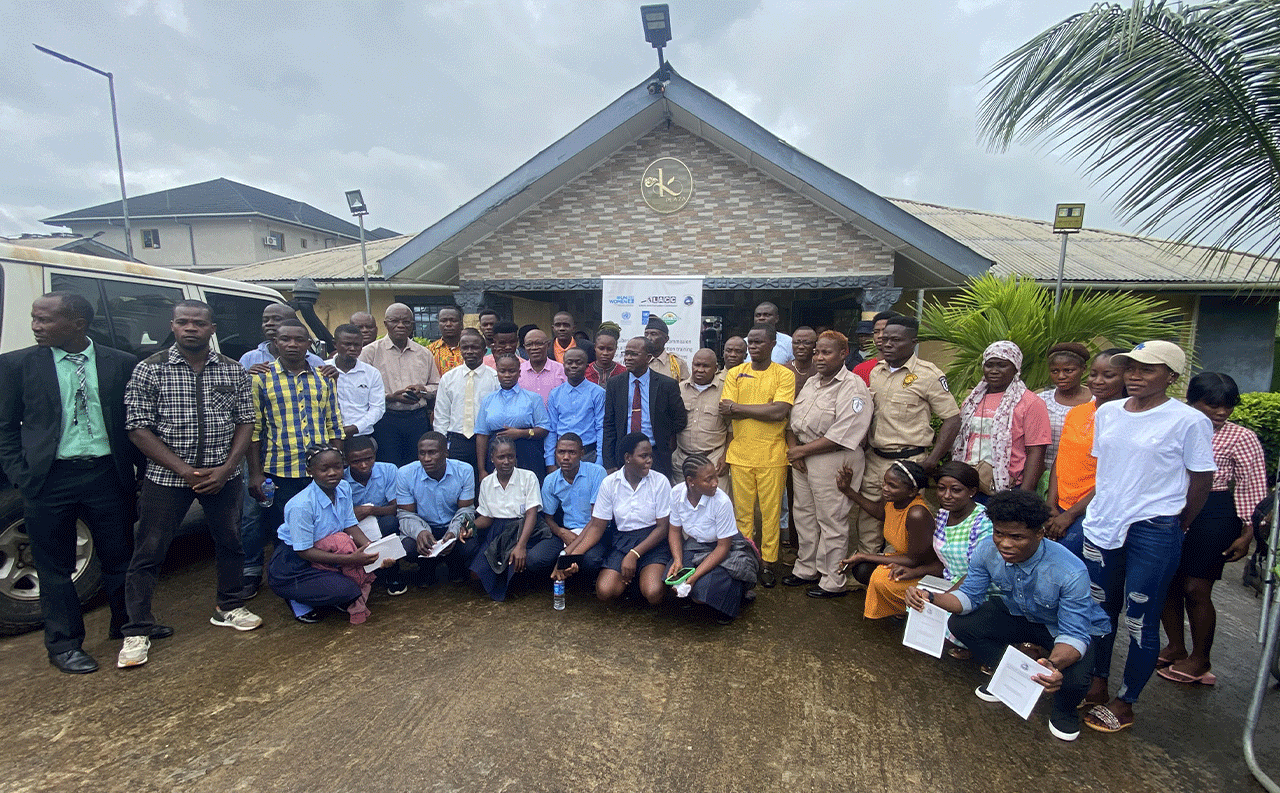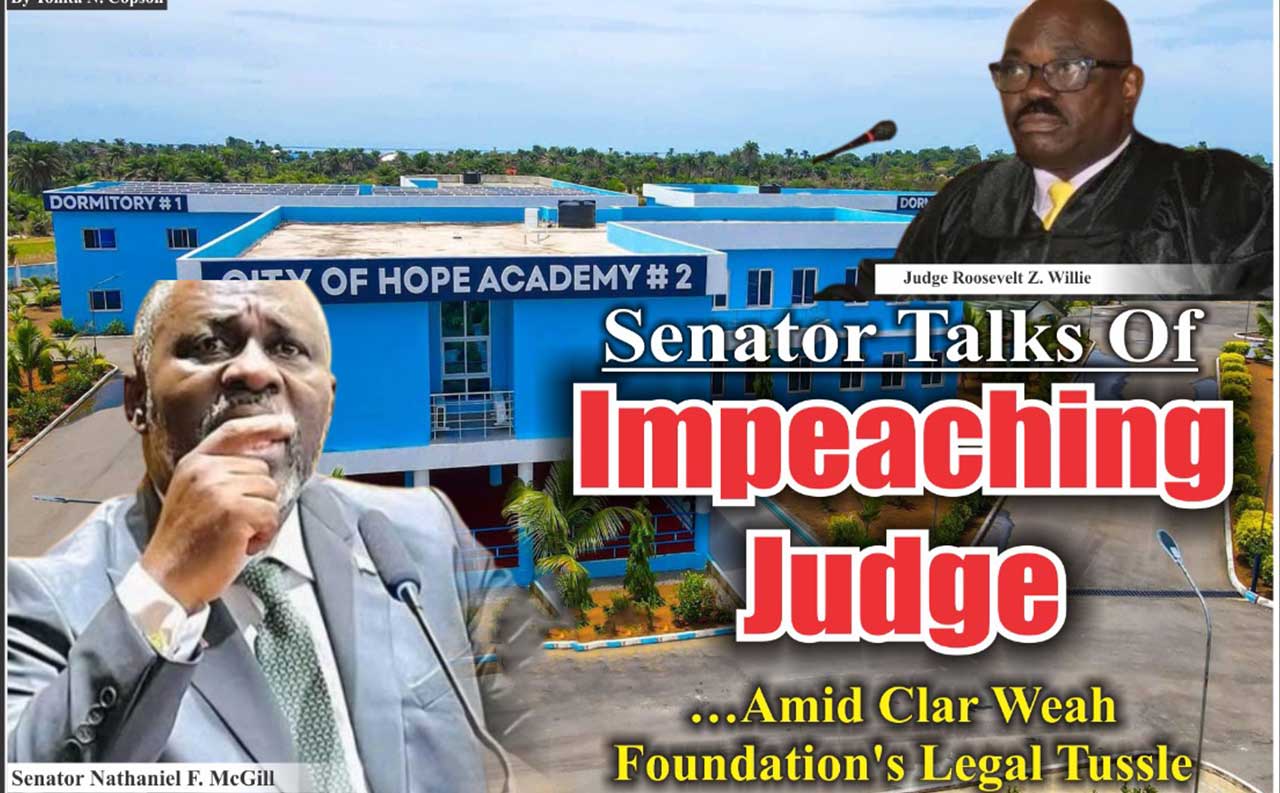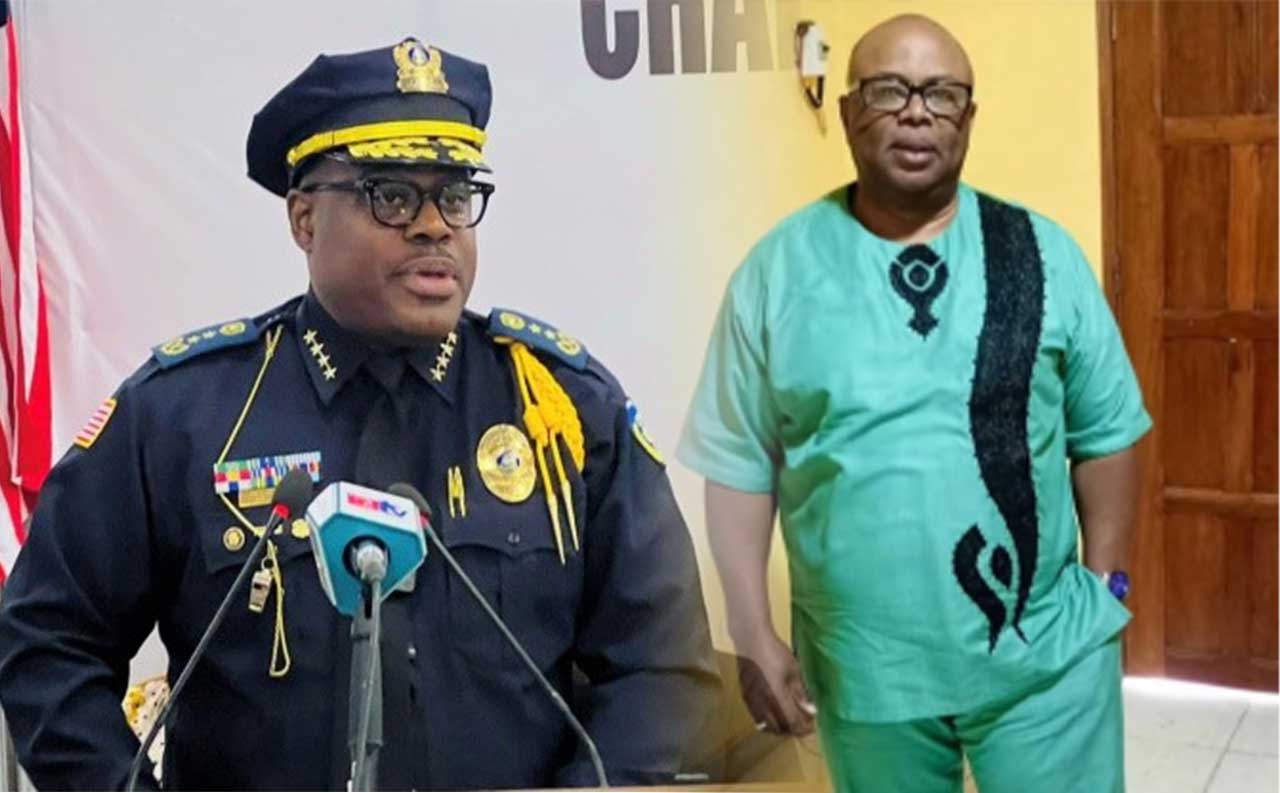The Liberia Anti-Corruption Commission (LACC) with support from United Nation Development Programme (UNDP) and funding from the United Nation Peacebuilding Fund is conducting anti-corruption training for personnel from integrity institutions and the Judiciary in Buchanan, Grand Bassa County.
The training brought together anti-craft institutions, students communities and employees from the Judiciary sector with the aim of building capacity and promoting transparency in governance.
The training is part of a larger project titled “Empowering citizens and communities to foster social accountability and transparency in governance and public service delivery,”
LACC Vice President Ernest R. Hughes said the project seeks to enhance participant’s knowledge of the concept of corruption, transparency and accountability mechanisms, and existing anti- corruption frameworks, among others.
He said the goal of training is to educate participants on key corruption concepts and existing legal frameworks, foster inclusive citizens’ participation, and promote transparency and accountability within the communities.
According to him, integrity Institutions and the Judiciary are indispensable state actors in the fight against corruption in any or all democracies across the world, and integrity institutions embody the key tenets of democracy and good governance and perform a watchdog role by educating and investigating the operation of public parastatals.
According to him, staff of integrity institutions need this training to understand how the Liberian society perceives them, so that they can conduct themselves with the highest standards of integrity and accountability.
He said Judiciary personnel, regardless of their job portfolio, such as Sheriffs, Bailiffs, Judges, Magistrates, Justice of the Peace, can influence the outcomes of trials.
He further said participants will review legislation such as the Whistleblower Act, the Witness Protection Act, the LACC Act, the PFM Act, and the PPC Act and discuss accountability mechanisms such as Liberia’s asset declaration regime, the Code of Conduct and Conflict of Interest.
For his part, UNDP Program Director Mosses Massa said in fighting corruption, there are key areas that need to be focused on, including strengthening the legal framework, promoting transparency, enhancing accountability, investing in education and awareness.
He said there is a need to educate the public about the danger of corruption and promote ethical behavior including understanding LACC’s mandates and related framework, as combating corruption needs a collective approach.
The UNDP Program Director said the United Nation remains committed to fostering inclusive society and effective institutions as outlined in the Sustainable Development Goal #16.
He urged participants to focus and learn from the training to be agents of change in their various institutions and communities.
By Tonita N. Copson



